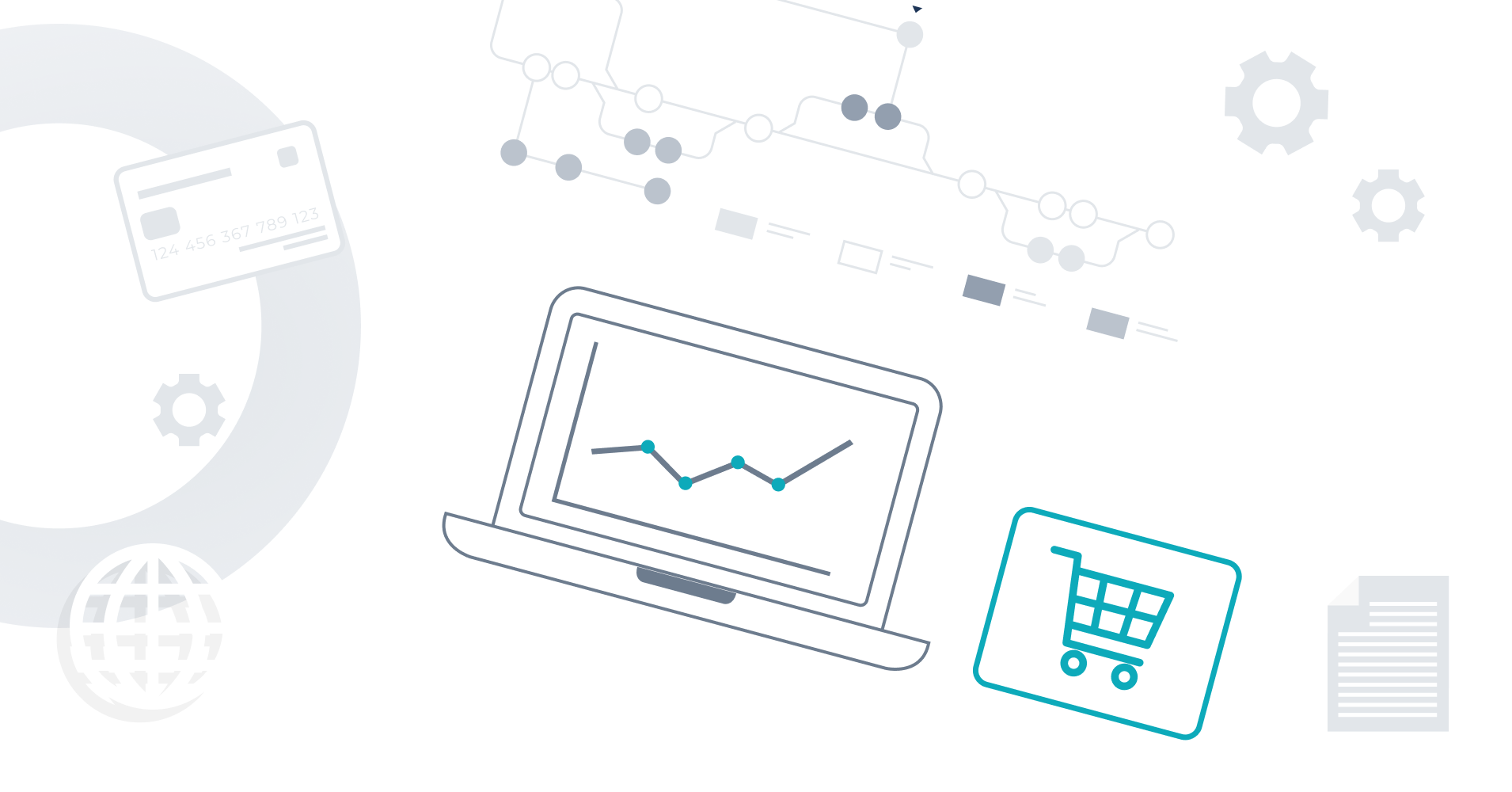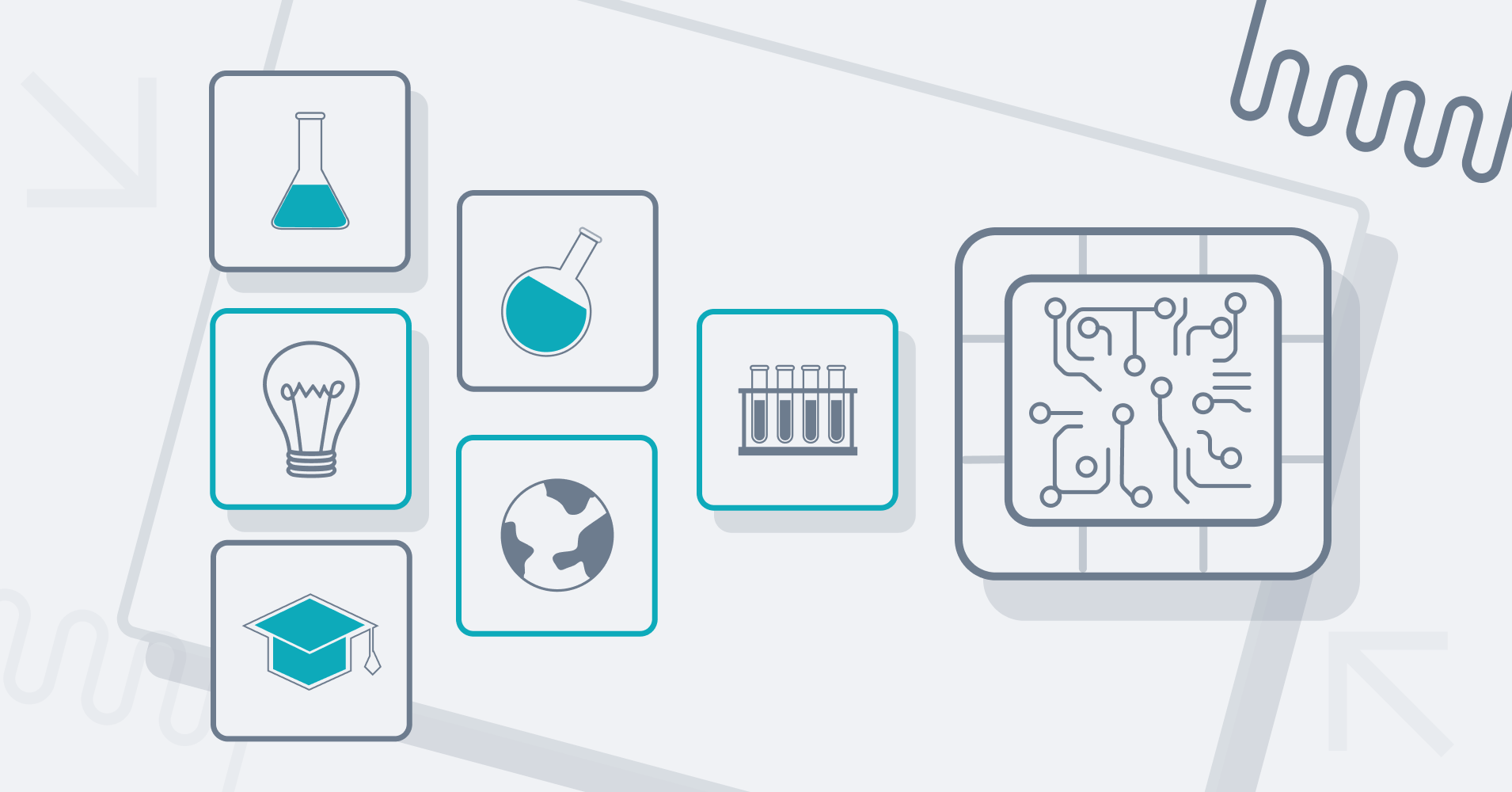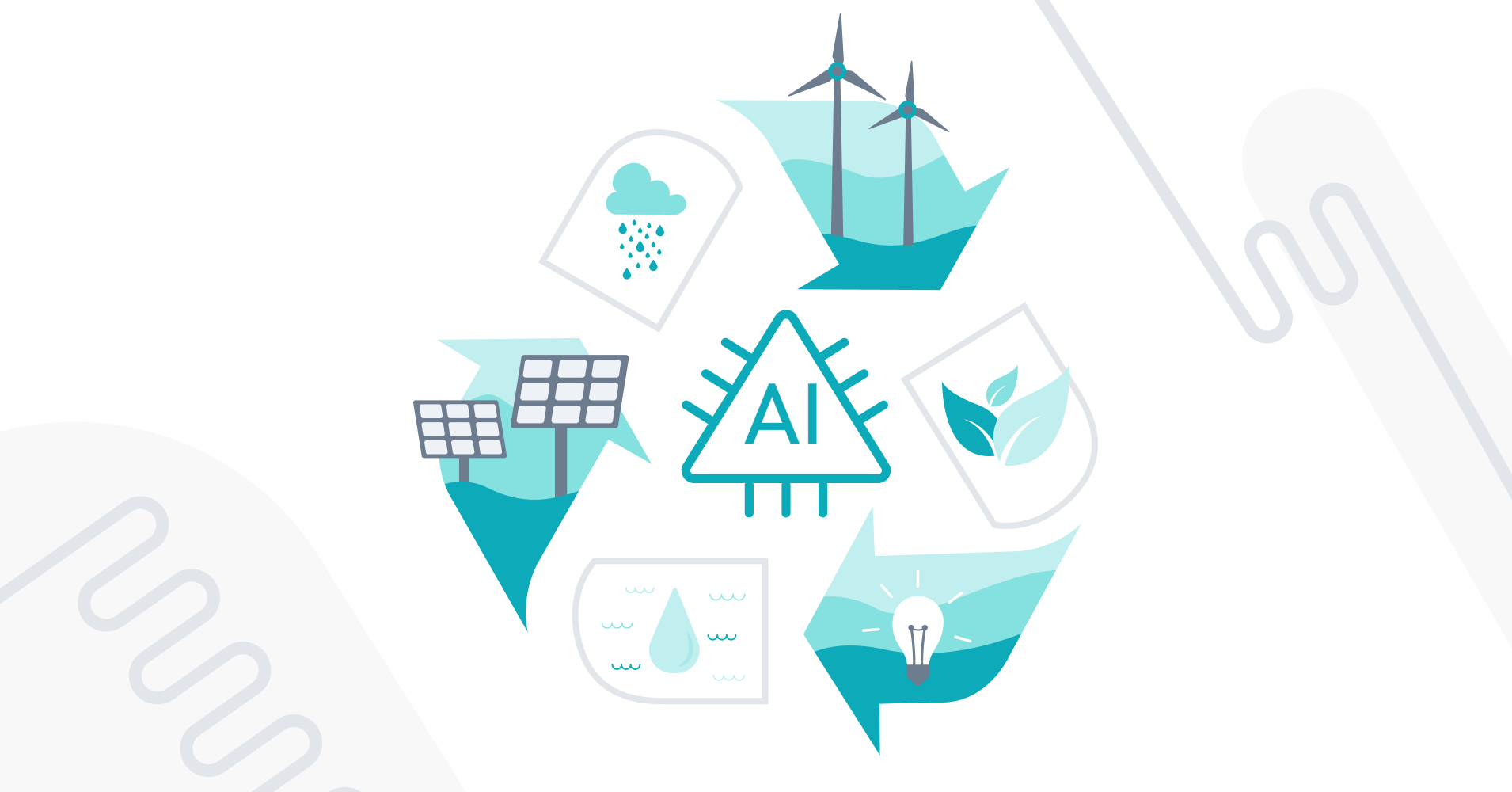From custom software development to mobile app creation, from web design to cybersecurity solutions—software houses help thousands of companies build digital products that fuel their work. But what exactly is a software house? In this article, we will delve into the world of software houses, exploring their roles, services, and the essential collaboration between these entities and their clients.
A Software House: Definition
There are plenty of software houses on the market, but what kind of service do they offer to their clients? In short, a software house is a company that specializes in creating, designing, developing, and maintaining software solutions in the field of web and app development.
Software houses can vary in size from small, specialized companies to large corporations with extensive resources.
Clients may include businesses from various industries, government organizations, non-profits, and individuals looking to have custom software solutions developed. The choice of a software house often depends on the complexity of the project, budget, and specific technical requirements.
What does the Collaboration Between a Software House and a Client look like?
Software houses need to work closely with clients to understand their needs, develop customized software solutions, and ensure a successful project outcome. The client-software house relationship typically involves several key stages and processes.
The engagement often begins with an initial contact or consultation where the client discusses their project idea, goals, and requirements with the contractor. This usually can take place through meetings, emails, or other communication channels. At Primotly, we offer our clients a free initial workshop to get to know their ideas and needs.
The next phase involves in-depth discussions, interviews, and documentation to ensure a clear understanding of the project's scope, objectives, functionality, and technical specifications. It leads to making a proposal that outlines the project's scope, timeline, cost estimates, and terms of engagement (you can read more about what our documentation contains in this article). The client reviews the proposal, negotiates terms if necessary, and signs a contract once both parties agree on the project's details.
Now the software house assembles a team of developers, designers, project managers, quality assurance experts, and other professionals with the skills required for the project. The next steps involve creating a detailed project plan, including milestones, deliverables, and timelines. Additionally, the architecture and technical design of the software are defined during this phase, ensuring that the project aligns with the client's goals and requirements.
Then the actual development work (using modern software development technologies) begins, followed by quality assurance and testing. Then clients are encouraged to provide feedback and review interim deliverables. This feedback loop allows for necessary adjustments, refinements, and iterations.
Once the software is stable and meets the client's approval, it is deployed to the production environment. This involves configuring servers, databases, and other infrastructure components as needed for live use. Many software houses also offer post-launch support and maintenance. When the project is formally closed, documentation-–including user manuals and source code—is handed over to the client. Final invoicing and payments are settled as per the contract.
Throughout the entire process, effective communication is crucial. Clients and software houses should maintain open and transparent communication channels to ensure that the project stays on track, meets expectations, and aligns with the client's business goals.
How to Choose the Best Software House?
Choosing the right software house isn’t easy, but is a critical decision when you have a software development project in mind. The choice can significantly impact the process and the outcome of the created product. How to make the best choice?
- Review the portfolio – Look for projects similar to yours in terms of complexity, industry, and technology. This will give you an idea of their capabilities and quality of work. Many companies share case studies on their websites—it allows you to quickly verify their skills and abilities.
- Check References – This can provide insights into the company's reliability, communication, and project management. Clutch.co is a well-known site with client's reviews about software vendors.
- Communication and Collaboration – Effective communication is the key to project success. Ensure they are responsive and can accommodate your preferred communication channels.
- Trust Your Instincts – Choose a software house that you feel comfortable working with. Good chemistry and a strong working relationship can contribute to project success.
There are more important factors to consider when choosing the right software house for your project. You can find more useful information in our article about picking the best software contractor.
Why Should You Consider Working with a Software House?
Working with a software house can offer several advantages and benefits, making it a viable option to develop custom software solutions or address the technology needs of various companies. Why working with a software house can be good for your project?
Software houses are typically staffed with professionals who specialize in various technologies, programming languages, and development methodologies. They have the expertise needed to create high-quality software tailored to your specific requirements. All you need to do is to determine which technologies or platforms are suitable for your needs.
Software houses have access to a diverse and skilled team of developers, designers, project managers, and quality assurance professionals. You don’t need to invest time and resources to hire your specialists, you can just assemble the right team for your project without a problem. What’s more, software houses can scale their team up or down to match the changing needs of your project. This flexibility can be valuable for businesses with fluctuating development requirements.
Software houses often provide cost-effective solutions because they can leverage their experience, resources, and knowledge to develop software efficiently. This can lead to reduced development costs and faster project delivery.
Additionally, outsourcing software development will help you focus on your core business activities while experts handle your software needs. This can improve overall efficiency and productivity.
Collaboration with a Software House: New Opportunities
A software house plays a pivotal role in developing and maintaining custom software solutions. They collaborate closely with clients, guiding them through a structured process from initial consultation to project completion, ensuring effective communication and alignment with the client's goals.
Choosing the right software house is a critical decision. This choice significantly impacts the development process and the outcome of the product.
Working with a software house offers several advantages, including access to specialized professionals, a diverse team, scalability, cost-effectiveness, and the opportunity to focus on core business activities. Overall, it can lead to efficient, high-quality software development that aligns with the specific needs of various companies.




